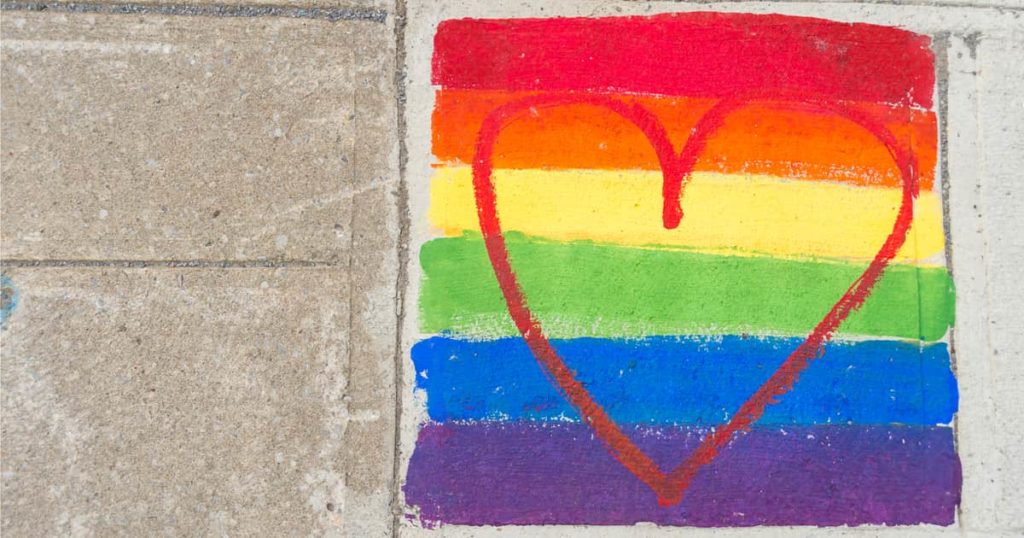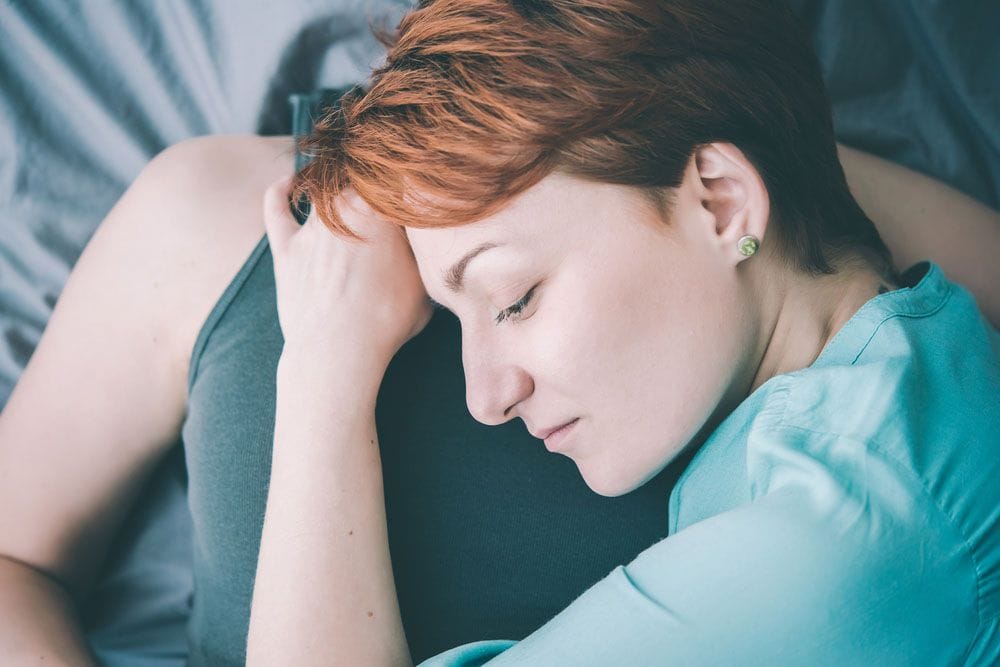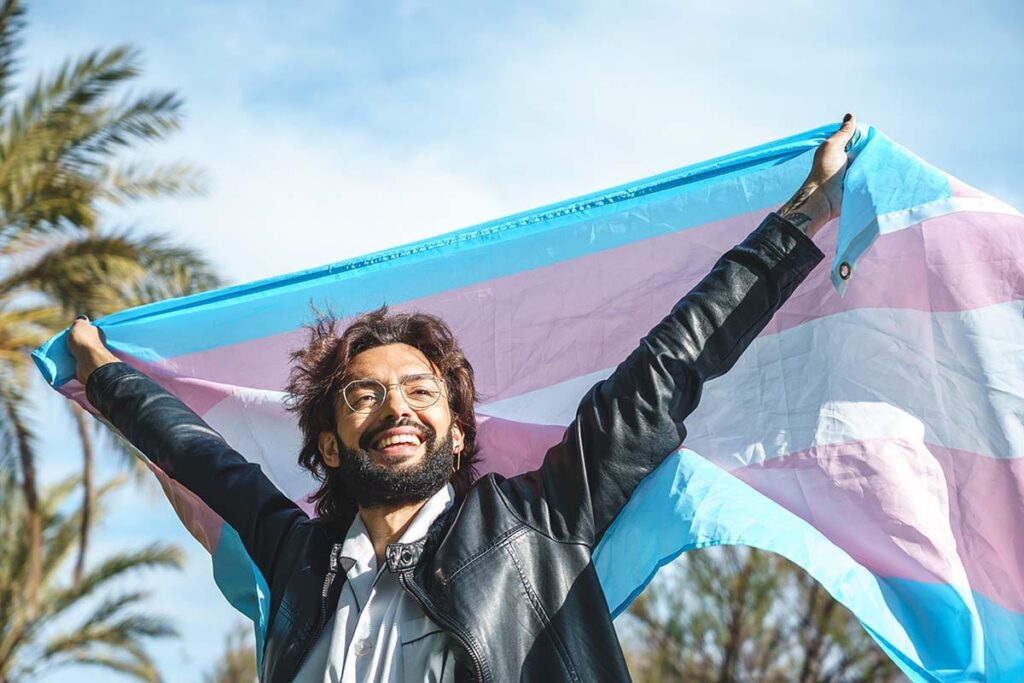Sexual minorities, which includes lesbians, gays, bisexuals, transgender and queers (LGBTQs), have been found to seek addiction treatment more often than those who are not part of these groups. According to the 2015 National Survey on Drug Use and Health, those who identify as LGBTQ are at greater risk for substance abuse and mental health issues compared to those who identify as heterosexual. LGBTQ addiction treatment can address the problems faced by this community for all forms of addiction, including abuse of alcohol, prescription drugs and illicit street drugs.
Life Stressors of the LGBTQ Community
From a young age, those that are in the LGBTQ community are likely to face a lot of life stressors that heterosexual youth may not have to deal with, at least not to the same degree. Those who are lesbians, bisexual, gay or transgender frequently face homophobia and may also have to face being assaulted or bullied. They may also face rejection by their own families. Because of these constant feelings of fear, rejection and self-doubt, LGBTQs are much more likely to turn to alcohol or drugs than non-LGBTQs. An additional stress that many LGBTQs live with is questioning their own sexual identity, and many LGBTQ youths don’t have an adult that they can talk to.
Specialized LGBTQ Addiction Treatment
LGBTQ addiction treatment must address the challenges that all addicts face, approaching it with sensitivity and awareness of issues that are unique to LGBTQ patients. A specialized LGBTQ addiction treatment facility can address the disease of addiction as well as provide group and individual therapy in a supportive, accepting environment. Unless all the underlying struggles and challenges that have caused addiction are acknowledged and addressed, it may be difficult to attain long-term sobriety. Specialized treatment can help those in the LGBTQ community heal old wounds and find a new support system so that a better future in recovery is possible. Resources Substance Abuse and Mental Health Services Administration: 2015 National Survey on Drug Use and Health https://www.samhsa.gov/data/sites/default/files/NSDUH-SexualOrientation-2015/NSDUH-SexualOrientation-2015/NSDUH-SexualOrientation-2015.htm Partnership for Drug-Free Kids: Preventing Substance Abuse Among LGBTQ Teens https://www.drugfree.org/wp-content/uploads/2015/10/HRC-Youth-Substance-Abuse-issue-brief-rev4.pdf





